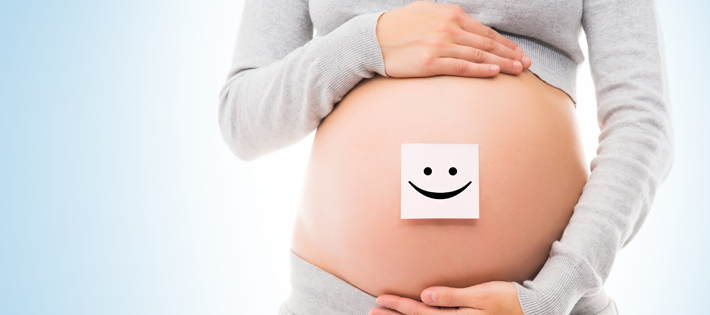Can weight loss surgery improve fertility?
Published on: 25/10/2015
The Royal College of Obstetricians and Gynaecologists (RCOG) have released a Scientific Impact Paper (SIP) on the topic of obesity and weight loss in regards to fertility. Obesity is a common problem among women of reproductive age, 26% of women in the UK are classified as obese using their body mass index (BMI). Obesity has a negative impact on a woman’s ability to conceive, her health during pregnancy, the likelihood of miscarriage and also her long-term health and that of her child. It also has some negative effects on various aspects of fertility treatment and may prevent some procedures being offered.
The RCOG SIP reviews the latest evidence around the safety and effectiveness of different types of weight loss surgery as a means of improving fertility and reproductive outcomes in obese women. The authors agree that the only effective ways of inducing long-term weight reduction in women with severe obesity are either significant sustained lifestyle changes or bariatric surgery and recommend that surgery should only be considered as a “last resort”. Currently weight loss surgery is only recommended by NICE in cases where a patient has a BMI of 40 or above or a BMI of 35 or above and another serious health condition that could be improved with weight loss and when other treatments, such as lifestyle changes, have not worked.
Professor Adam Balen, lead author of the paper and spokesperson for the RCOG said: “Our review of all the literature on this subject confirms that weight loss surgery can improve fertility and reproductive outcomes in obese women, but we believe it should only be considered as a last resort when other treatments, such as lifestyle changes, haven’t worked…Being a healthy body weight increases the chances of conceiving naturally and reduces the risk of the problems associated with being overweight or obese in pregnancy. Before considering weight loss surgery, women planning a family who are overweight or obese should lose weight through a healthy, calorie-controlled diet and increased amounts of exercise. The free NHS weight-loss plan and a referral to a weight loss support group are proven effective ways of achieving weight loss goals”.
Read the Scientific Impact Paper here
For an RCOG summary see here
For more information on a healthy diet see our Be Healthy page
